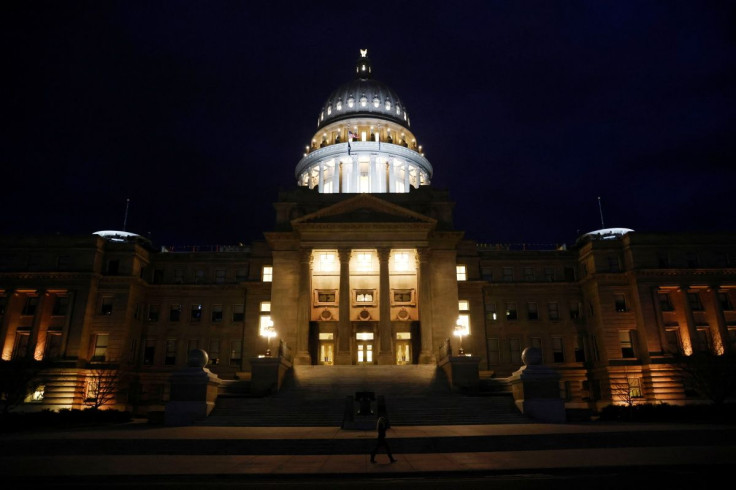Planned Parenthood Seeks To Block Idaho's Near-total Abortion Ban

Planned Parenthood on Wednesday urged Idaho's top court to stop a state law criminalizing nearly all abortions from taking effect later this month, arguing that it would prevent women from getting abortions necessary to save their lives.
Attorney Alan Schoenfeld, representing the abortion provider and reproductive rights group, told the court that the law's exception for saving the life of the mother was too vague for physicians to know when it applies.
"It's written in a way that will make it impossible to comply with," he said.
Megan Larrando, a lawyer for the state, countered that the law stated that an abortion could be performed if it is deemed necessary in a doctor's "good faith medical judgment."
"It doesn't require some esoteric standard to be set by the legislature," she said.
Wednesday's hearing focused on the preliminary question of whether the court should pause the abortion ban while it considers Planned Parenthood's challenge.
If not blocked by the court, Idaho's abortion ban will go into effect automatically on Aug. 25, triggered by the U.S. Supreme Court's decision in June to overturn its landmark 1973 Roe v. Wade decision guaranteeing abortion rights nationwide.
Planned Parenthood is also challenging a separate Idaho law banning abortion after six weeks of pregnancy enforced through private lawsuits by citizens, which the state Supreme Court put on hold in April while Roe was still in effect. The state is asking the court to allow that law to take effect immediately.
Four of the Supreme Court justices were appointed by Republican governors, while the fifth was elected on a non-partisan ballot.
Justice Gregory Moeller on Wednesday expressed skepticism about Planned Parenthood's claim that the ban violated the state constitution's guarantee of privacy, noting that abortion was a crime when it was adopted in 1890 and remained so until Roe.
But some of the justices, including Moeller, raised concerns that the new laws were not clear. Moeller questioned whether the case should be sent to a trial court that could decide factual questions about the law's impact on emergency medical treatment after hearing from experts.
Justice Colleen Zahn said it was not clear in what situations the six-week law and the total ban would apply if both take effect.
"I don't know which one it is, and I don't know how it works," she said.
The arguments come a day after the Biden administration sued the state to block the abortion ban, saying it conflicted with a federal law requiring hospitals to provide abortion in medical emergencies if necessary. That lawsuit was the first action by the federal government challenging state abortion laws after Roe was reversed.
About half of the 50 U.S. states have or are expected to seek to ban or curtail abortions. Those states include Idaho, which like 12 other states adopted "trigger" laws banning or restricting abortion that were set to take effect once Roe was reversed.
© Copyright Thomson Reuters {{Year}}. All rights reserved.





















